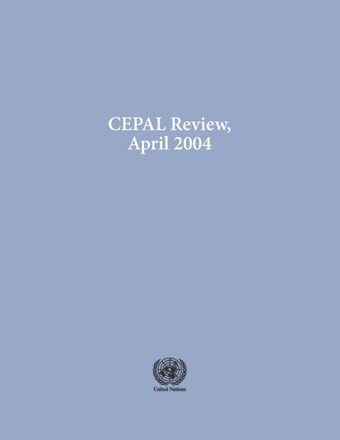-
The devious maze of the international order the importation of reforms
- Source: CEPAL Review, Volume 2004, Issue 82, Jun 2004, p. 7 - 18
- Spanish
-
- 16 Jun 2004
- Previous Article
- Table of Contents
- Next Article
Abstract
This paper seeks to make a historical review of the models which have guided the international economic order since the last century: how and why they evolved until bipolarism spilled over into international relations and the neoliberal ideology took root. It also examines the adjustments that the countries on the periphery have made in order to adapt to these models. In Latin America, the abrupt opening of frontiers and the abolition of protectionism, but without an appropriate institutional framework, have given rise to lower economic development, deterioration in the social field, and the discrediting of democracy. This analysis, when applied to specific changes which have taken place in the models adopted and the way they have been implemented in the region, reveals their relative degrees of validity and the existence of considerable areas of leeway which have so far been insufficiently exploited.





